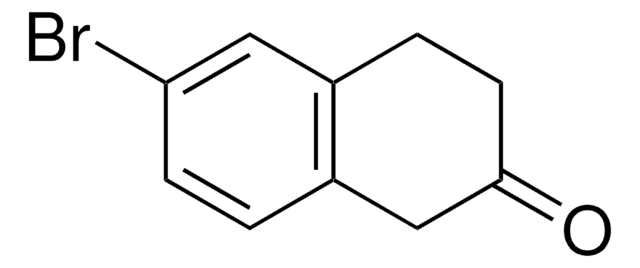909831
Oleylamine
Synonym(s):
cis-1-Amino-9-octadecene
About This Item
Recommended Products
vapor pressure
8 mmHg ( 135 °C)
form
liquid
refractive index
n20/D 1.4596 (lit.)
bp
348-350 °C (lit.)
mp
18-26 °C (lit.)
density
0.813 g/mL at 25 °C (lit.)
SMILES string
[H]\C(CCCCCCCC)=C(/[H])CCCCCCCCN
InChI
1S/C18H37N/c1-2-3-4-5-6-7-8-9-10-11-12-13-14-15-16-17-18-19/h9-10H,2-8,11-19H2,1H3/b10-9-
InChI key
QGLWBTPVKHMVHM-KTKRTIGZSA-N
Looking for similar products? Visit Product Comparison Guide
Related Categories
Application
Signal Word
Danger
Hazard Statements
Hazard Classifications
Acute Tox. 4 Oral - Aquatic Acute 1 - Aquatic Chronic 1 - Asp. Tox. 1 - Eye Dam. 1 - Skin Corr. 1B - STOT RE 2 - STOT SE 3
Target Organs
Respiratory system
Storage Class Code
8A - Combustible corrosive hazardous materials
WGK
WGK 3
Flash Point(F)
309.2 °F - closed cup
Flash Point(C)
154 °C - closed cup
Choose from one of the most recent versions:
Certificates of Analysis (COA)
Don't see the Right Version?
If you require a particular version, you can look up a specific certificate by the Lot or Batch number.
Already Own This Product?
Find documentation for the products that you have recently purchased in the Document Library.
Customers Also Viewed
Our team of scientists has experience in all areas of research including Life Science, Material Science, Chemical Synthesis, Chromatography, Analytical and many others.
Contact Technical Service













